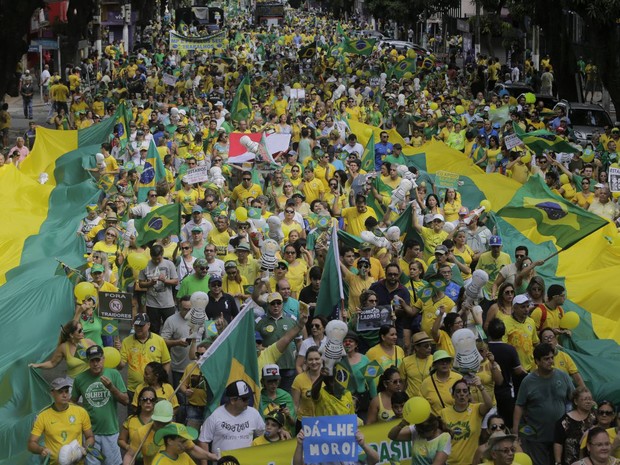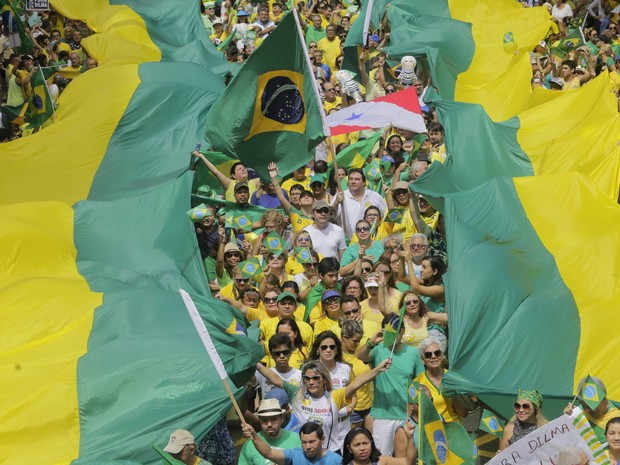aelf
Ashen One
Two pretty popularly-held beliefs are the notions that the democratic process is the proper way of effecting change non plus ultra, at least in a functioning democracy, and that violence should be the last resort. A lot of people can accept these two notions without much of a problem, but what they believe are the limits of these may vary, as shown in recent threads.
I'm interested in the implications of a strict adherence to these notions (e.g. that violence is not a solution unless it's already being committed by your opponents).
Other than voting, among legitimate ways of participating in the democratic process, I'd also include benign methods like petitioning elected representatives and such. But I'd contend that peaceful protest is not included if we go with a strict interpretation of the two notions - and this is where I think it gets interesting.
Firstly, one may view protests as an attempt at effecting change outside of the democratic process, since in a functioning democracy they would typically be in opposition to elected representatives (i.e. the charge that they're not respecting democratic choices). Secondly, protests are prone to violence, even if the original intentions were peaceful. If you strongly believe that violence is only permissible when all other options have been exhausted, then it would be irresponsible to carry out an activity that has a high chance of resulting in violence until all other options have been exhausted.
Do you agree? Or what do you think the problem is with this line of reasoning?
I'm interested in the implications of a strict adherence to these notions (e.g. that violence is not a solution unless it's already being committed by your opponents).
Other than voting, among legitimate ways of participating in the democratic process, I'd also include benign methods like petitioning elected representatives and such. But I'd contend that peaceful protest is not included if we go with a strict interpretation of the two notions - and this is where I think it gets interesting.
Firstly, one may view protests as an attempt at effecting change outside of the democratic process, since in a functioning democracy they would typically be in opposition to elected representatives (i.e. the charge that they're not respecting democratic choices). Secondly, protests are prone to violence, even if the original intentions were peaceful. If you strongly believe that violence is only permissible when all other options have been exhausted, then it would be irresponsible to carry out an activity that has a high chance of resulting in violence until all other options have been exhausted.
Do you agree? Or what do you think the problem is with this line of reasoning?



